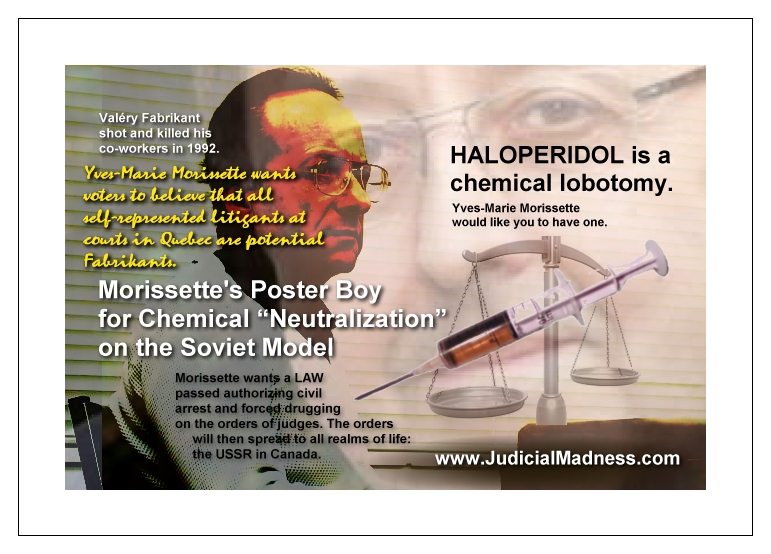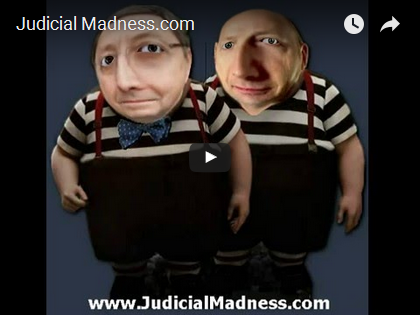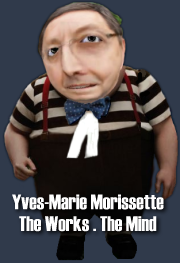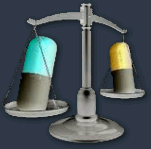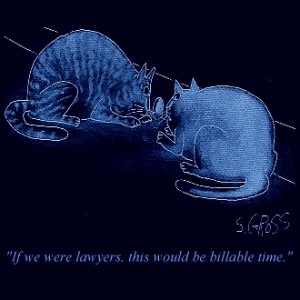Section III – Code of Civil Procedure (Updated to 1 September 2015)
EXTRACT
Updated to 1 September 2015
© Éditeur officiel du Québec
Ce document a valeur officielle. [Only when online by the government]
Chapter C-25
BOOK I
GENERAL PROVISIONS
TITLE II
THE COURTS
CHAPTER III
POWERS OF COURTS AND JUDGES
SECTION III
POWER TO IMPOSE SANCTIONS FOR IMPROPER USE OF PROCEDURE
This Section is inserted by section 2 of chapter 12 of the Statutes of 2009 (An Act to amend the Code of Civil Procedure to prevent improper use of the courts and promote freedom of expression and citizen participation in public debate). The preamble to that Act reads as follows:
“AS it is important to promote freedom of expression affirmed in the Charter of human rights and freedoms;
“AS it is important to prevent improper use of the courts and discourage judicial proceedings designed to thwart the right of citizens to participate in public debate;
“AS it is important to promote access to justice for all citizens and to strike a fairer balance between the financial strength of the parties to a legal action;”.
54.1. A court may, at any time, on request or even on its own initiative after having heard the parties on the point, declare an action or other pleading improper and impose a sanction on the party concerned.
The procedural impropriety may consist in a claim or pleading that is clearly unfounded, frivolous or dilatory or in conduct that is vexatious or quarrelsome. It may also consist in bad faith, in a use of procedure that is excessive or unreasonable or causes prejudice to another person, or in an attempt to defeat the ends of justice, in particular if it restricts freedom of expression in public debate.
2009, c. 12, s. 2.
54.2. If a party summarily establishes that an action or pleading may be an improper use of procedure, the onus is on the initiator of the action or pleading to show that it is not excessive or unreasonable and is justified in law.
A motion to have an action in the first instance dismissed on the grounds of its improper nature is presented as a preliminary exception.
2009, c. 12, s. 2.
54.3. If the court notes an improper use of procedure, it may dismiss the action or other pleading, strike out a submission or require that it be amended, terminate or refuse to allow an examination, or annul a writ of summons served on a witness.
In such a case or where there appears to have been an improper use of procedure, the court may, if it considers it appropriate,
(1) subject the furtherance of the action or the pleading to certain conditions;
(2) require undertakings from the party concerned with regard to the orderly conduct of the proceeding;
(3) suspend the proceeding for the period it determines;
(4) recommend to the chief judge or chief justice that special case management be ordered; or
(5) order the initiator of the action or pleading to pay to the other party, under pain of dismissal of the action or pleading, a provision for the costs of the proceeding, if justified by the circumstances and if the court notes that without such assistance the party’s financial situation would prevent it from effectively arguing its case.
2009, c. 12, s. 2.
54.4. On ruling on whether an action or pleading is improper, the court may order a provision for costs to be reimbursed, condemn a party to pay, in addition to costs, damages in reparation for the prejudice suffered by another party, including the fees and extrajudicial costs incurred by that party, and, if justified by the circumstances, award punitive damages.
If the amount of the damages is not admitted or may not be established easily at the time the action or pleading is declared improper, the court may summarily rule on the amount within the time and under the conditions determined by the court.
2009, c. 12, s. 2.
54.5. If the improper use of procedure results from a party’s quarrelsomeness, the court may, in addition, prohibit the party from instituting legal proceedings except with the authorization of and subject to the conditions determined by the chief judge or chief justice.
2009, c. 12, s. 2.
54.6. If a legal person or an administrator of the property of another resorts to an improper use of procedure, the directors and officers of the legal person who took part in the decision or the administrator may be ordered personally to pay damages.
2009, c. 12, s. 2.
